Promoting high-quality development of payment industry with deep reform and concerted effort: 2018 China Payment and Clearing Forum held in Beijing
On November 16, 2018, the 2018 China Payment and Clearing Forum was held in Beijing. Fan Yifei, member of the CPC PBC Committee and Deputy Governor, attended and addressed the forum.
Fan Yifei said that since the launch of reform and opening-up, especially since the 18th CPC National Congress was held, China’s payment industry, forging ahead despite difficulties, has undergone historic transformation and captured the world’s attention with remarkable success. The size and influence of the industry have been expanding, with new breakthroughs made in coordinated development and industry regulation entering a new phase.
Fan Yifei stressed that these historic achievements are, on the one hand, attributable to upholding the correct leadership of the CPC Central Committee and the State Council over the development of the payment industry. By following resolutely the New Development Philosophy, we have handled properly the relationship between the government and the market so that both the role of the government and the decisive role of the market in resource allocation have been brought into better play. On the other hand, these achievements have been made due to the people-centered approach in improving top-level design and lower-level implementation in an effort to achieve “development for the people, by the people and to the benefit of all the people”. In the course of transformation and innovative development of the payment industry, the PBC has always played the role of an industry regulator and organizer as well as a key developer and operator of payment infrastructure, steering the course, making policies, promoting reform and pushing for solid progress. Meanwhile, market participants have been actively involved in the process by complying with regulatory requirements, performing social duties, exploring new trails and taking reform measures in pursuit of development. The Chinese model of payment industry development, which places equal emphasis on regulated development and encouragement of innovation, is bound to have an even better future.
Fan Yifei pointed out that China’s payment industry is now undergoing a pivotal transition to high-quality development. Payment risk prevention and mitigation are becoming a constant concern, the structure of payment service market is stabilizing and optimizing, and fintech applications in payments are being put into commercial use. Accordingly, we should be fully aware of the situation, seize opportunities and take pre-emptive action to meet the challenges for development. Going forward, the payment industry should continue implementing the Xi Jinping Thought on Socialism with Chinese Characteristics for a New Era. In accordance with the decisions of the CPC Central Committee and the State Council and the PBC’s requirements, efforts should be made to fight the tough battle of financial risk prevention and mitigation, advance supply-side structural reform in the area of payments, implement the rural revitalization strategy, explore new thinking on innovation, solidify what has already been achieved, and open up new prospects for payment industry development in the new era.
Fan Yifei said that "four relationships" should be properly handled to make new strides in payment industry development. First, the relationship of common development between banks and payment institutions should be properly coped with. It is important that an interdependent, win-win model be established so that none of the institutions will be left behind on the way of sustainable development. Second, the relationship of coordinated development between clearing facilities should be properly handled. Continued efforts should be made to deepen supply-side structural reform and respond precisely to market needs in a bid to create the brand effect of clearing services and win enduring trust and extensive recognition from the market through safe and efficient clearing services. Third, the relationship between stringent supervision becoming the norm and the pursuit of sustainable development should be properly handled. The fight to prevent and defuse financial risks should be pushed forward to guard against possible rebounds. At the same time, on the basis of furthering supply-side reform and going back to the fundamental purpose of payment, market participants should be guided to abide by the principle of sustainable development, and come out with more first-class products, services and brands via regulated and quality-focused development. Fourth, the relationship of coordinated development between urban and rural payment services should be properly handled. New priorities of work should be set in line with local circumstances, new starting points should be identified in the implementation of tailored policies, and concerted efforts should be made to upgrade the rural payment environment. This will lend support to winning the battle against poverty as well as implementing the rural revitalization strategy, and help promote integrated urban-rural planning and development.
This year’s forum was composed of a main forum and a sub-forum, with the former entitled “New Journey in Reform and Opening-up:Opportunities and Challenges for Payment Industry’, and the latter focused on “Fintech and Innovative Development of Payment and Clearing”. Present at the forum were representatives from over 270 entities, including the PBC, banking financial institutions, financial market infrastructure operators, finance companies, non-banking payment institutions, internet financial institutions, financial self-regulatory organizations, fintech companies, research institutes, local financial regulatory authorities, financial holding groups and international organizations.



